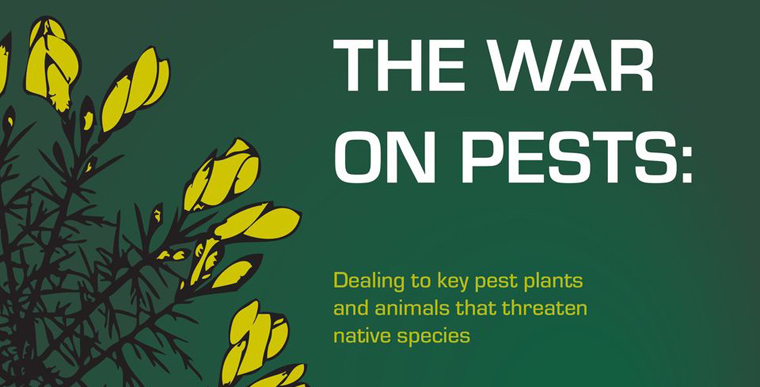
The word “war” used to mean something; its invocation shook the heart, set us atremble, brought forth tears and darkened our vision. “WAR!” The word itself seemed enormous and foreboding; after all, death always prospers during war. Its declaration was the biggest news of the year, or more often, a lifetime. War was hell and everybody knew it.
This was, of course, before we declared “war” on poverty, drugs, terrorists, and backyard bugs; today the word “war” barely raises an eyebrow. Yet, “war,” like “fire” is an incendiary word of great power, best used with thoughtfulness and discretion lest we inure ourselves to its impact.
Military action in Korea and Vietnam was generally called a “conflict” and the word “war” was not used descriptively until later, in part due to the fact that no “declaration” of war had been made by the U.S. Congress, which has sole constitutional authority to do so. In the intervening years, despite absence of congressional declarations of war, our executive branch has both covertly and openly engaged our country in military adventures through deceit or meek complicity of the congress, and now everyone in government, media and the public sector uses the term “war” quite thoughtlessly. The word “war” has undergone a cultural and semantic transformation that blurs its meaning.
To ancient Greeks, war was regional aggression or defense, through hand-to-hand combat between male soldiers bound selflessly to rigid cultural codes of honor; in our 21st century, war is increasingly a technological and logistical affair, often at great distance between combatants. To be sure, death still profits, but in addition to soldiers killed and wounded, death claims untold innocent civilians, “collateral damage” caught in the crossfire, exploding suicide bombs or laser-guided rockets. Real war is death and destruction, despair, disease, sacrifice and great suffering, not a slogan. It is the sorriest failure of our best faculties of reason, faith, intelligence and understanding.
The misnamed “war on poverty” disappeared amidst the wreckage of LBJ’s Vietnam budget, but the metaphor lived on. The “war on drugs” was a stupid Nixon name for a stupid program which has vastly over-crowded our prisons, eroded respect for law and made illegal drugs one of America’s biggest businesses; it’s time to declare a truce and put that “war’s” billions of dollars into treatment and education where it might do some good. What then can be said about declaring a “war on terrorism?” Who exactly is the enemy and what constitutes a satisfactory conclusion? This is no “war” but a violently ignorant geo-political stumble in distant lands amidst unfamiliar peoples in the throes of globalized cultural turmoil. It is an amorphous international security program on steroids, certainly not “war.” As to the “war on back yard bugs”: catchy advertising copy, but lousy land stewardship. Poisoning ourselves, our children and the land itself for a greener lawn and dead grasshoppers is a pyrrhic victory, at best; who wins a war against nature?
We have relegated the word “war” to insipid marketing slogans and expedient political hype, and in the process have left ourselves voiceless, bereft to describe our most horrific and tragic human experience. Faced with the ultimate in organized violent aggression in the future, it may well be that Congress and the President will be forced to declare “Armageddon” to capture anyone’s attention.